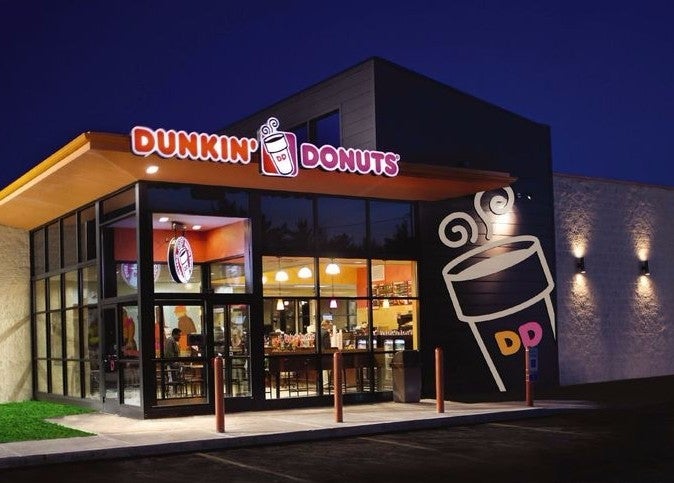The battle between Dunkin’ Donuts and Starbucks popped up at a legislative hearing Tuesday afternoon, but the conflict was not over which coffee chain the committee’s coffee would come from.
Instead, a representative of independent Dunkin’ franchises made the case for a change in labor laws that would clarify which employees are entitled to share in a tip pool while union representatives argued the quick service industry should follow the lead of Starbucks, which addressed the issue internally.
A 2004 law denying managers tips — spurred by reports that restaurants and banquet facilities were forcing wait staff to share tips with managers — had unintended consequences because it did not include a clear definition of managerial authority and consequently can deny tips to non-managerial workers who otherwise would be able to supplement their wage with tips.
“In the absence of managerial authority or a definition thereof, anybody who is operating a cash drawer qualifies as a manager, anybody who puts the key in the door to open a store in the morning qualifies as a manager, conversely anybody who puts a key in the door to close that store at night qualifies as a manager,” Ed Shanahan, executive director of the Dunkin’ Donuts Independent Franchise Owners Association, said. “Anybody who trains another employee — notwithstanding their title, notwithstanding the fact that they may be a 17-year-old employee training a new 16-year-old employee — they qualify as a manager.”
Lawmakers on the Labor and Workforce Development Committee are considering legislation (H 3142/S 1042) that would revise the tip law by adopting the federal Fair Labor Standards Act definition of “employee employed in a bona fide executive capacity” and barring those employees from participating in a tip pool.
Under the legislation, filed by Rep. Ann-Margaret Ferrante and Sen. Michael Rodrigues, supervisors who serve customers and do not fall under the definition of an “employee employed in a bona fide executive capacity” would be eligible to participate in a tip pool.
Opposition to the bill Tuesday came from the AFL-CIO and Unite Here Local 26, labor unions that argued the problem could be solved if coffee chains and other quick service restaurants paid their supervisors more.
“This is a solution in search of a problem,” Jaimie McNeil from Unite Here Local 26 said. “Starbucks took care of this in 2013. They said ‘look, we have shift supervisors, when you are promoted or apply for this position … you get a higher wage, we don’t want to deal with class action lawsuits, we don’t want you to take from other employees’ tips.’ “
He added, “This bill would allow shift supervisors to cut into a lifeline for low-wage workers, making it even harder for working mothers and fathers to put food on the table.”
Shanahan rejected that notion and said low-wage workers are the ones being hurt because many store owners have decided not to allow tip jars at all to avoid the risk of class action lawsuits.
In 2013, then-Senate President Therese Murray quashed an attempt to alter the tip-pooling law during debate on a bill to raise the minimum wage, but promised the matter would be a priority the following year.
Since then, efforts in that area have withered. The Senate in 2014 narrowly rejected — by a 19 to 20 vote — an amendment to an economic development bill that would have changed the tip-pooling law after an impassioned speech by then-Sen. Ken Donnelly, who said the bill would water down the pay of fast-food workers and remove the incentive for the fast service restaurants to pay their supervisors more.

